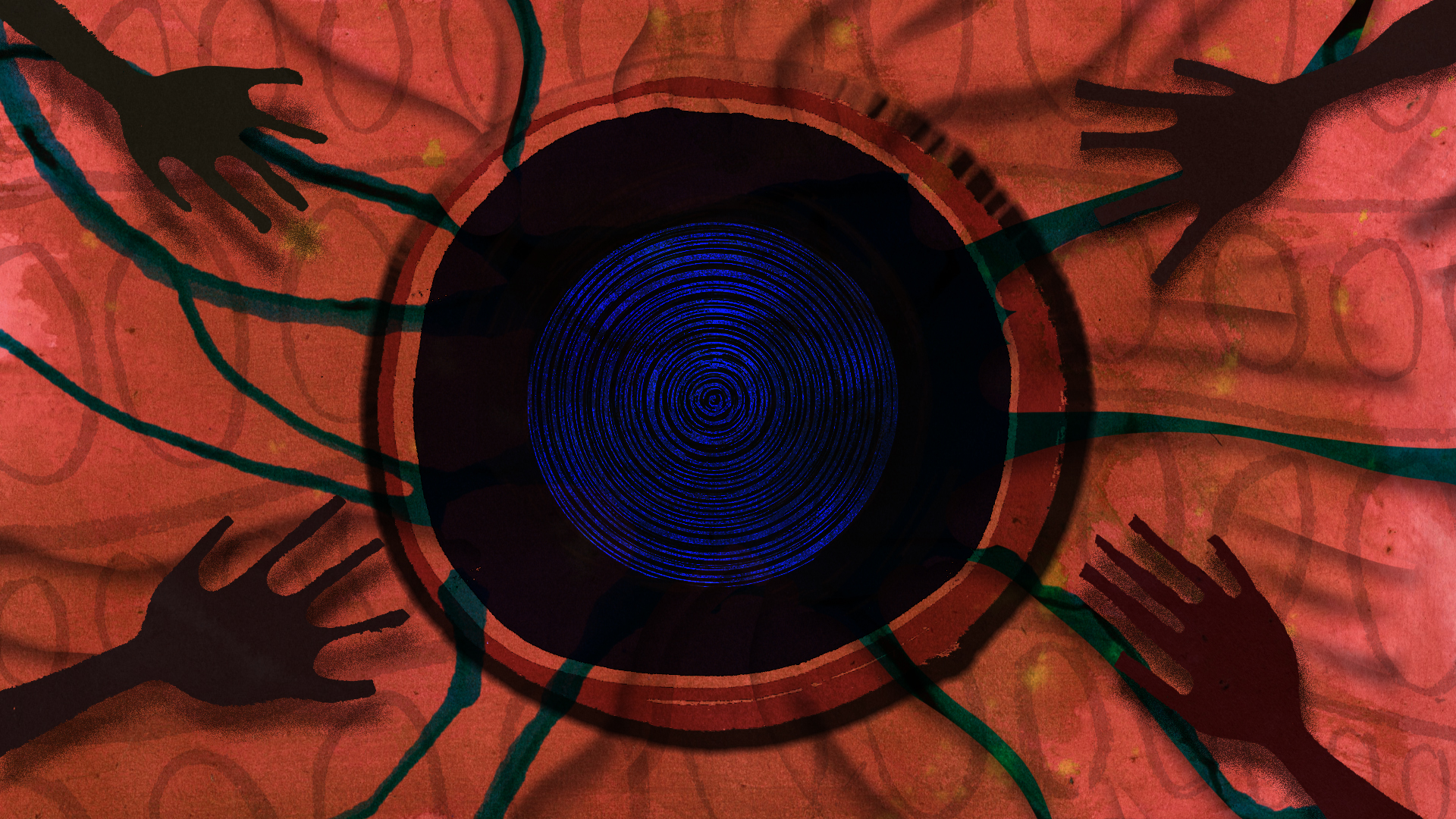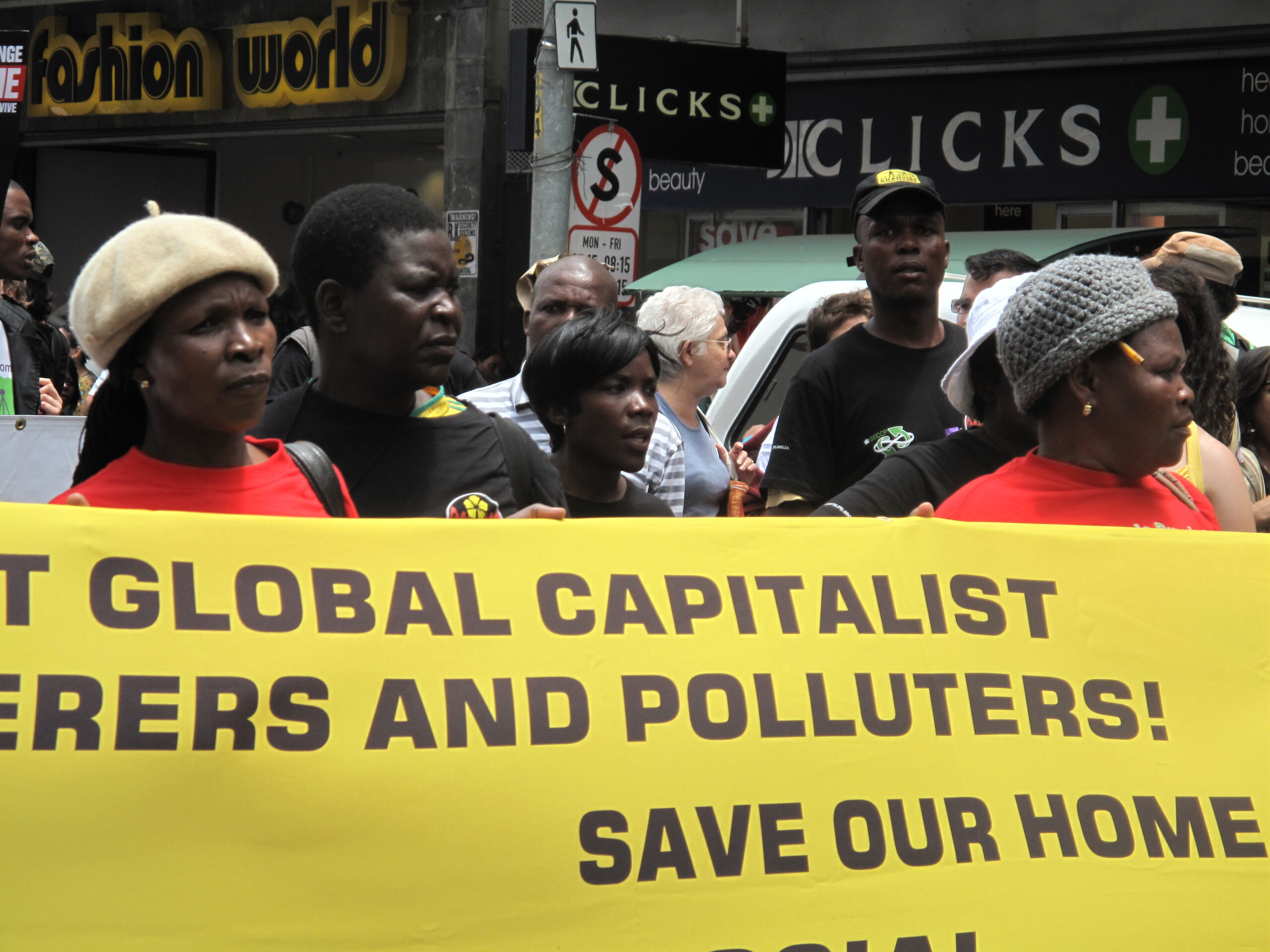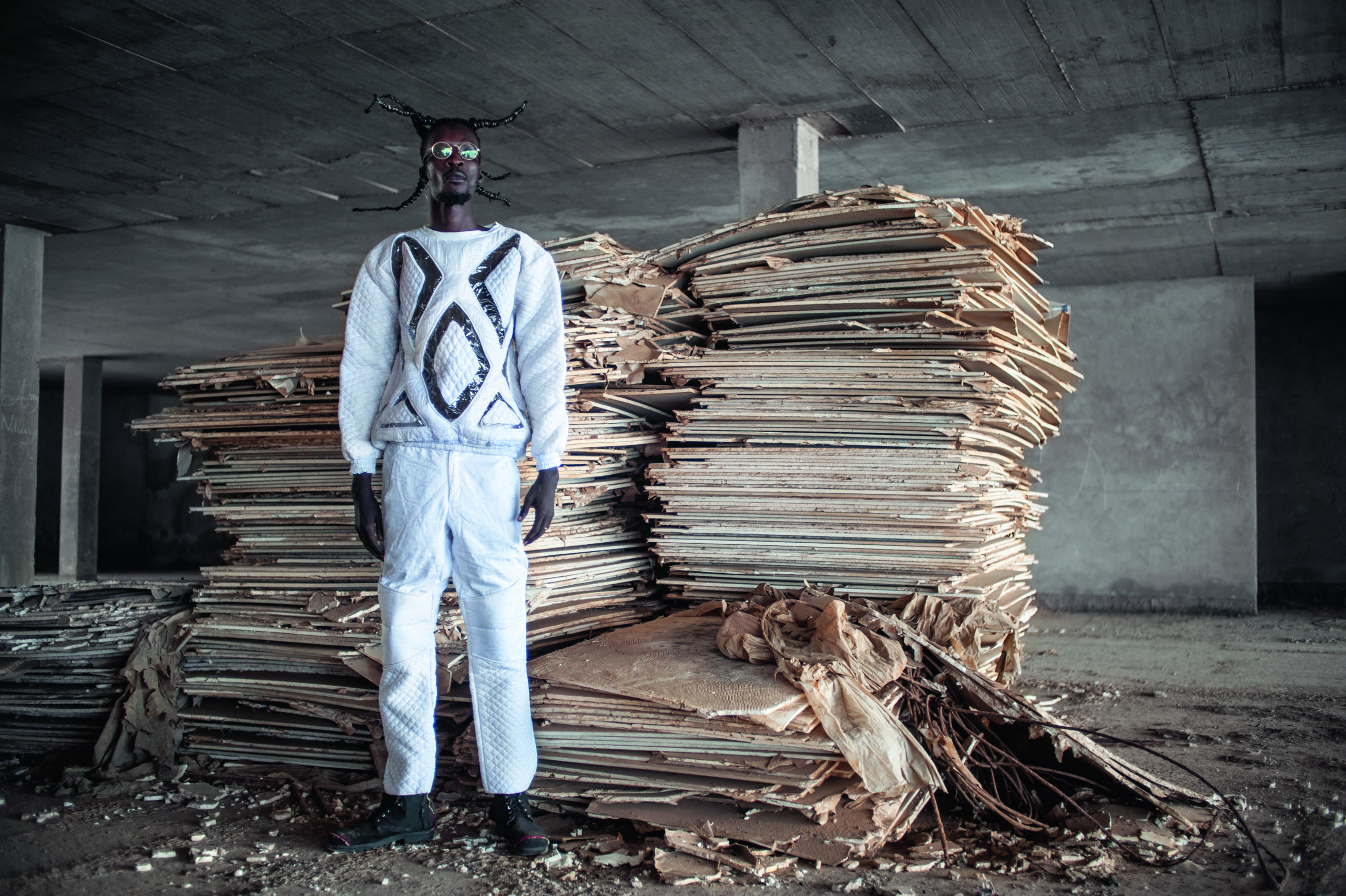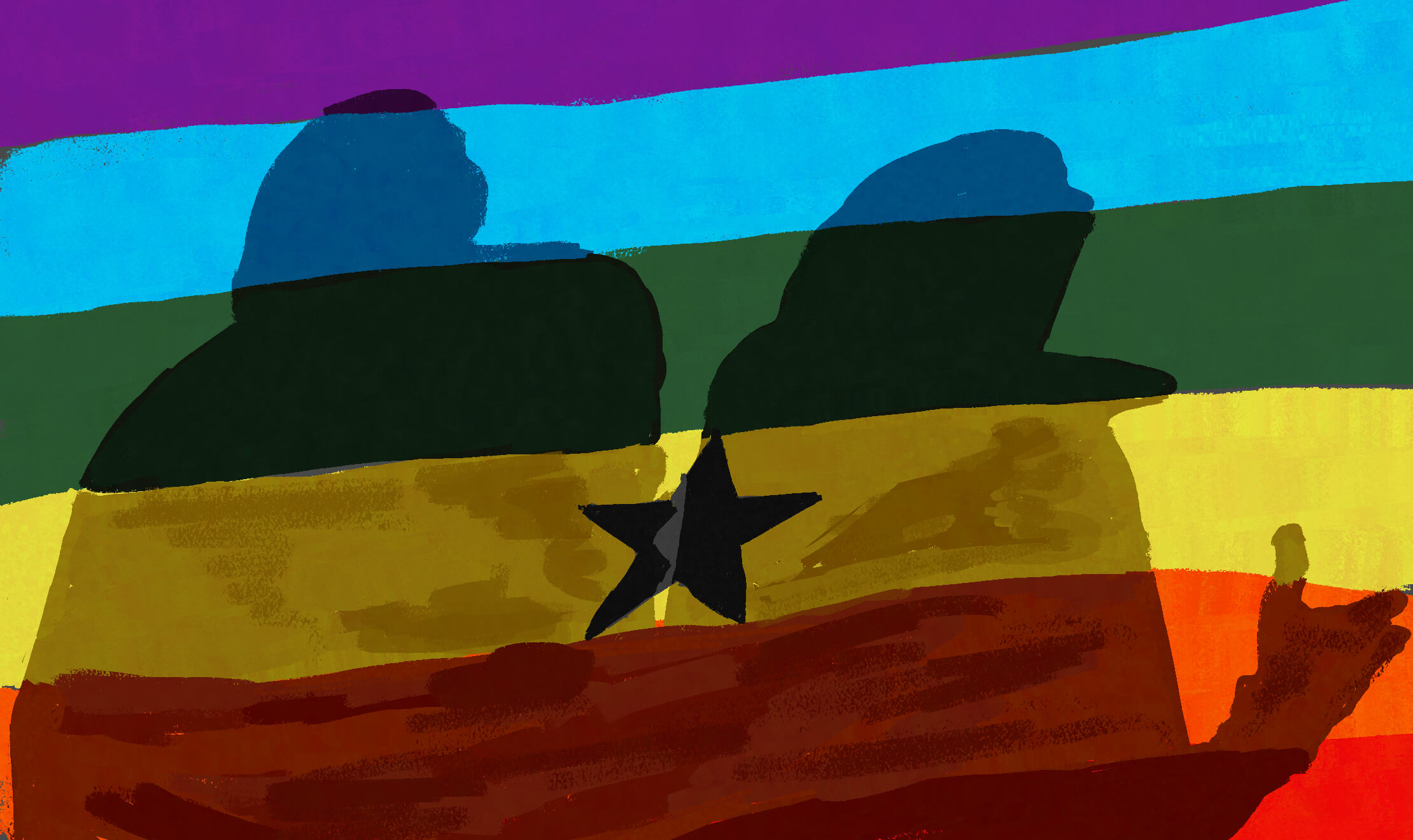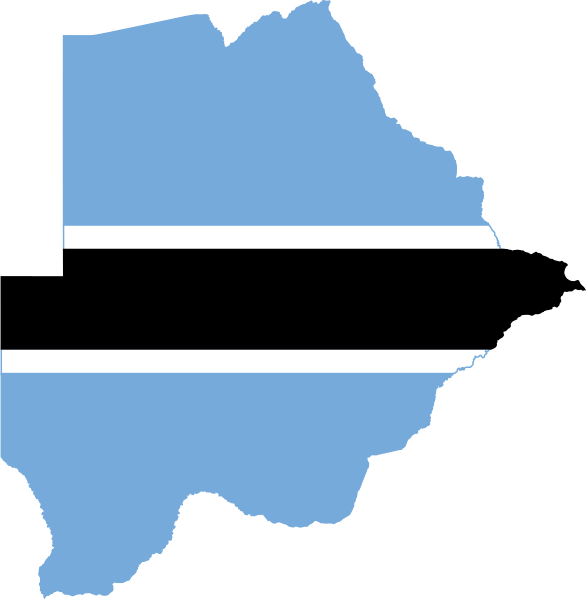
Image via Wikipedia
TW: this article contains references to rape
I’m from Botswana and rape and gender-based violence (GBV) is so pervasive here – but no-one seems to care. We don’t know what’s driving this violence, and it doesn’t help to oversimplify the root causes. But conversations need to be had, because things are out of control.
Recently a young woman called Zinedine Gioia became known via a Change.org petition in Botswana after coming forward with an account of being date raped on the night of her 21st birthday. Gioia claims her case was handled badly; she reported the incident to the police immediately, but found that her case file had gone “missing”. Many think that it’s because the alleged perpetrator is popular and well connected in Botswana – he’s even publicly denied any part in her attack and hinted at Gioia’s promiscuity online. In desperation, Gioia shared her story on Twitter and #JusticeForZinedine went viral, becoming a rallying cry for change in Botswana when it comes to women’s rights. But I’m not sure it’s going to affect any real change here.
I noticed that some of the dialogue surrounding the case was was rape apologist rubbish. Local celebrities wrote cautionary statuses to women about how they should travel in groups, watch their wardrobes, make sure they can afford to buy their own drinks at the club – and when they do, also watch those drinks same drinks, lest they be drugged. Women shouldn’t put themselves in situations where they are likely to be raped, we were told. Women should erase themselves so they don’t attract undue attention and not be too pretty or too loud.
“According to local police statistics released early this year, 109 rape cases were reported during the festive holiday season of 2018 (which is about ten days long) and no arrests have as yet been made.”
Botswana’s leadership has taken a shocking stance on the issue too; they refuse to call rape by its name and victim-blame women under the guise of state advice. Last year, the Mayor of Gaborone, Botswana’s capital city, was implicated in a sexual assault claim. When the female accuser came forward recently (in a conversation with a well-known opposition party leader) she was told that the rape was her fault and that she should recant her statement because the mayor’s position and political career were more important than her pain.
According to local police statistics released early this year, 109 rape cases were reported during the festive holiday season of 2018 (which is about ten days long) and no arrests have as yet been made. And in mid-2018 a young woman’s body was found decapitated in the wake of a well-attended outdoor event in Tlokweng, a village adjacent to the capital. There has been no information about progress on solving her murder. In Botswana the papers report on incidents of intimate partner violence and and term it a “passion killing”, which almost justifies the violence as something that is inevitable in a normal, heterosexual relationship. In 2013, a man reportedly broke his wife’s knee in widely documented public altercation here. That same man was appointed Minister of Nationality, Immigration and Gender Affairs a few months ago. And when a local radio station interviewed a young woman whose rape case was dropped by the police due to a lack of evidence recently, and later reported that the same man had been sentenced to 12 years imprisonment for stock theft, we can see where my country’s priorities lie when it comes to protecting the lives of women.
“At the root of this conversation is the assumption that women, their experiences, their voices, do not matter”
But of course world super-powers also fail to prioritise the lives of black women. We’ve just seen how alleged paedophiles like R. Kelly can still enjoy astronomical album sales. In Botswana, a rapist will keep his job and social status, and wife-beaters can become the minister of the highest department in the land tasked with actively working towards gender parity and equality.
The reason why we as a nation continue to be superficially outraged at incidences of rape and battery and why we will never make any real progress, is because at the root of this conversation is the assumption that women, their experiences, their voices, do not matter. Before we can even begin to have a conversation about women’s autonomy or consent, we need to first address how it is possible that the justice system is more inclined to imprison a livestock thief than it is to process a rapist. This literally means that in the scheme of things, women are lower on the rung of importance and consideration than cows, goats and chickens.
Rape and other forms of GBV thrive in secrecy. They multiply and grow in number when they ensure the protection and reputation of the perpetrators. So I’m glad that we are finally talking about the rapes in Botswana. I am glad that women are coming forward, telling their stories and naming the people who hurt them. I am glad that they are finally making their voices heard, but we cannot have a real conversation about rape if we do not first recognize the humanity of all women.

